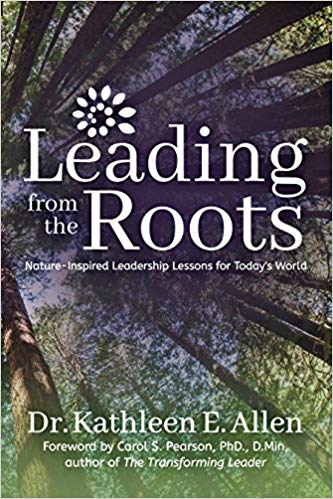
The transgender community, both trans women and trans men, have been getting a lot of attention, some of it good and some of it quite vicious. Though transgendered people have existed forever, In the past few years transgendered people have come to the forefront of our consciousness. They include people like Caitlin Jenner, Elliott Page, Chaz Bono, and Rachel Levine. We’ve seen transgendered people in TV shows like “Pose” and “Orange is the New Black.” Movies like “The Crying Game,” “Boys Don’t Cry,” and “Transamerica,” and one of my favorites, “Hedwig and the Angry Inch.” Though the trans community has gained acceptance there are still far too many people hostile towards trans men and trans women. Most transgendered people are just trying to live their lives.
One trans person I once knew was Carla Anne Ernst. I met Carla at my Unitarian church several years ago. It was an open secret Carla was transgender. And she was welcomed with open arms at our church. But she was so much more than a trans woman. She was also a talented writer and musician. And I gained a great deal of knowledge about Carla’s journey as a transgendered woman in her memoir Life Without Pockets: My Log Journey Into Womanhood.”
Carla was born to a loving and large Catholic family in Glencoe, Illinois. From her earliest memory Carla knew she was born in the wrong body. She just knew in her very soul, she was a woman. Of course, she didn’t transition right away. She lived as a boy, and then a man for quite a while. She did well in school, played sports, had lots of friends, found music to be a passion, and later went on to college and made a career in the communications field. She was even married twice and had children. Of course, the marriages didn’t last, but Carla remained a devoted parent to her children.
Transitioning began much later, and thus Carla tells us about her deeply personal journey from being a male to female. Carla is not hesitant about telling us some of the good and bad of being transgender. Not surprisingly, there were people who were not particularly thrilled with her decision to become a woman. But fortunately, she did find support among her family, her friends, her work colleagues, and her church community. She also found a collection of fellow trans women for which she could bond with and also have a lot of fun times. And when asked if there was one thing she missed about being man, she said, “Pockets.” Let’s face it, ladies. Our garments are often devoid of pockets. Am I right? But most of all, Carla felt peace. She was finally content with being her true self.
However, Carla is also brutally honest about the hostility and downright violence aimed at the transgendered community. There are so many heartbreaking stories of transgendered people being attacked and sometimes killed for being different. Transgendered youth and adults are often bullied and ostracized by society. Some are cast out of their families and estranged. Many deal with deep depression and other mental health issues. Some commit suicide, including one of Carla’s dearest friends for which this book is dedicated to.
Life Without Pockets is more than a memoir. It is also a primer of transgendered people. Though Carla will admit her story is very individual and personal, she provides interesting facts about transgendered people, which have existed since the beginning of time and can be found in literature, history, and all kinds of pop culture. You’ve probably met a transgendered person and didn’t know it. Carla also provides resources, facts, and figures about transgendered people for anyone seeking information whether they are trans themselves, know somebody trans, or just curious and want to know more so they can support the trans community. Carla also provides things you should probably not ask a trans person, like about their sex lives. How rude!
I’m sad to say, Carla died a few years ago. With all the intense prejudice and abhorrence aimed at transgendered men and women, she would be truly heartbroken. But I do think she’d find hope and solace to all the people who do support the transgendered community. Life Without Pockets is an important and timely book in building a bridge between the transgendered and cis-gendered public.








